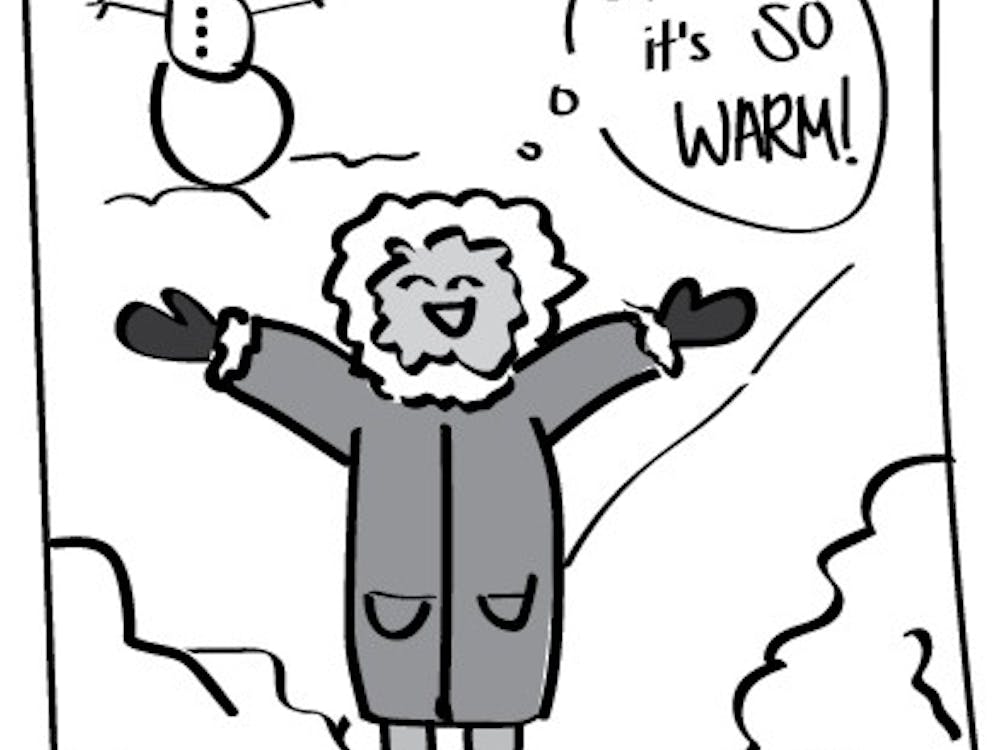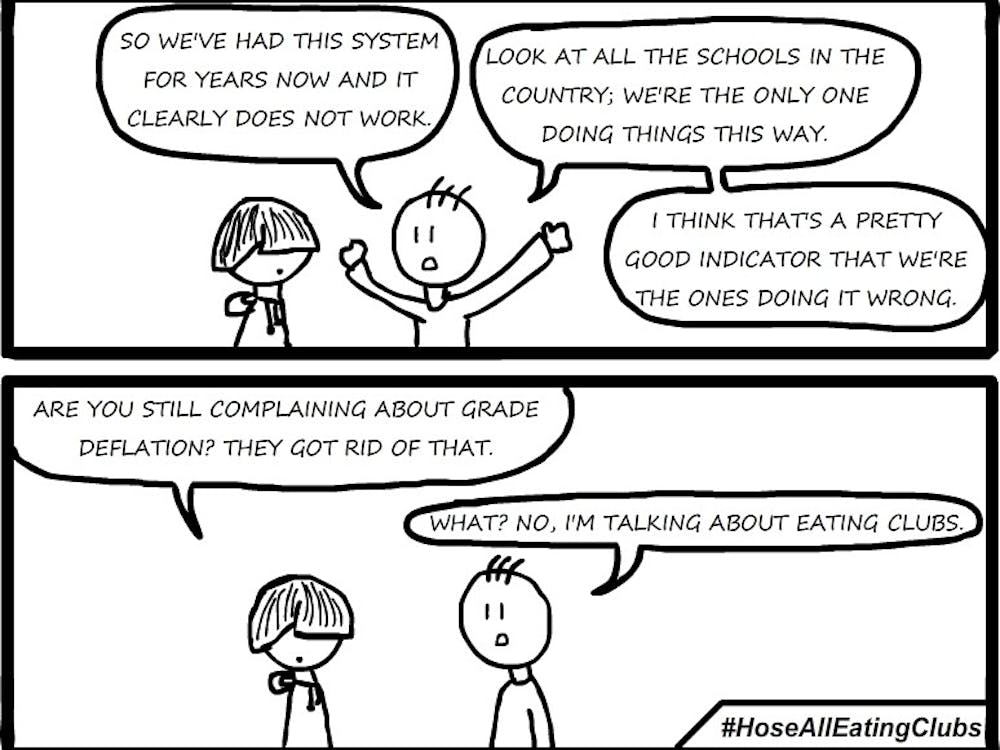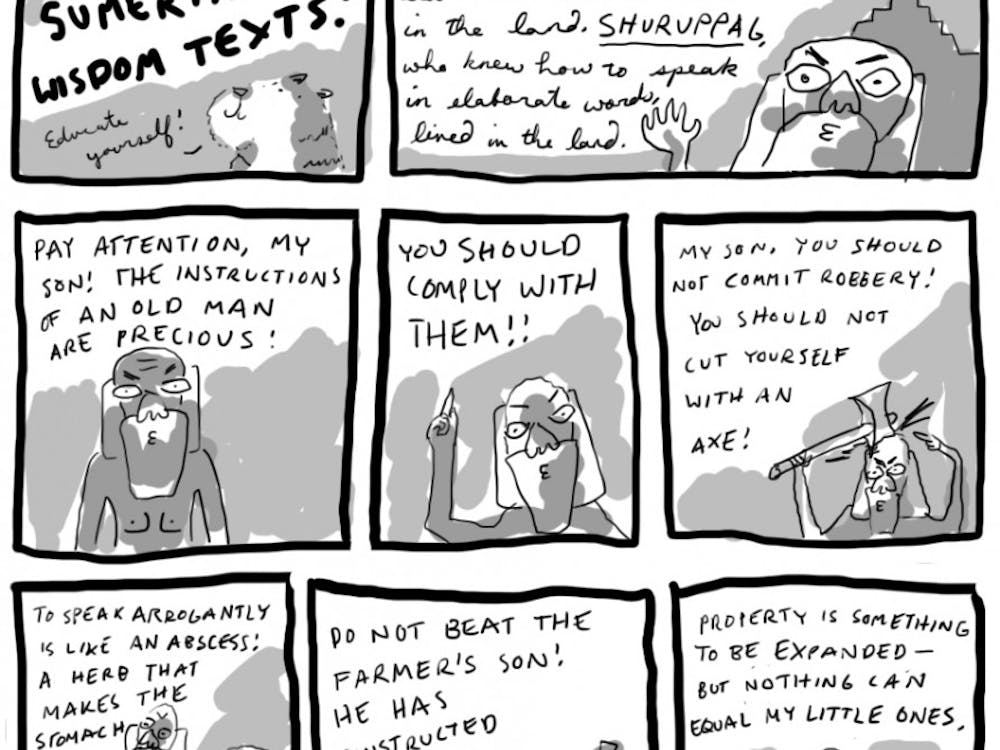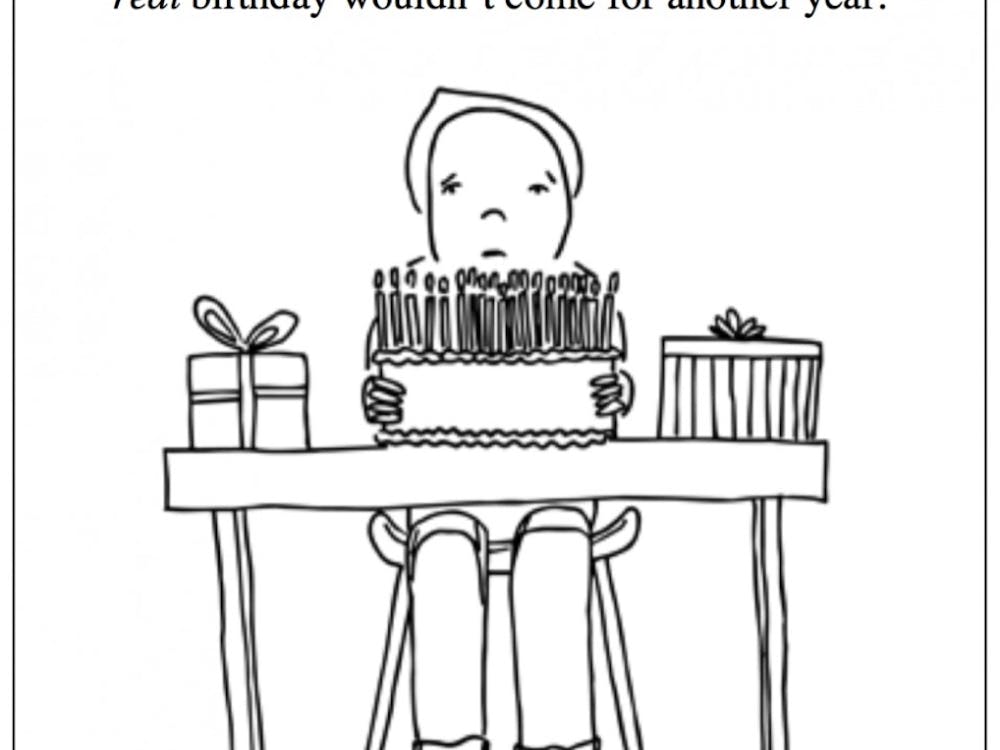The sell-outs and the self-righteous
Tehila WengerAt this point in my Princeton career, I can name a significant number of friends and acquaintances who plan on using their college degree to glorify the prestigious vocation of consulting after they graduate.











